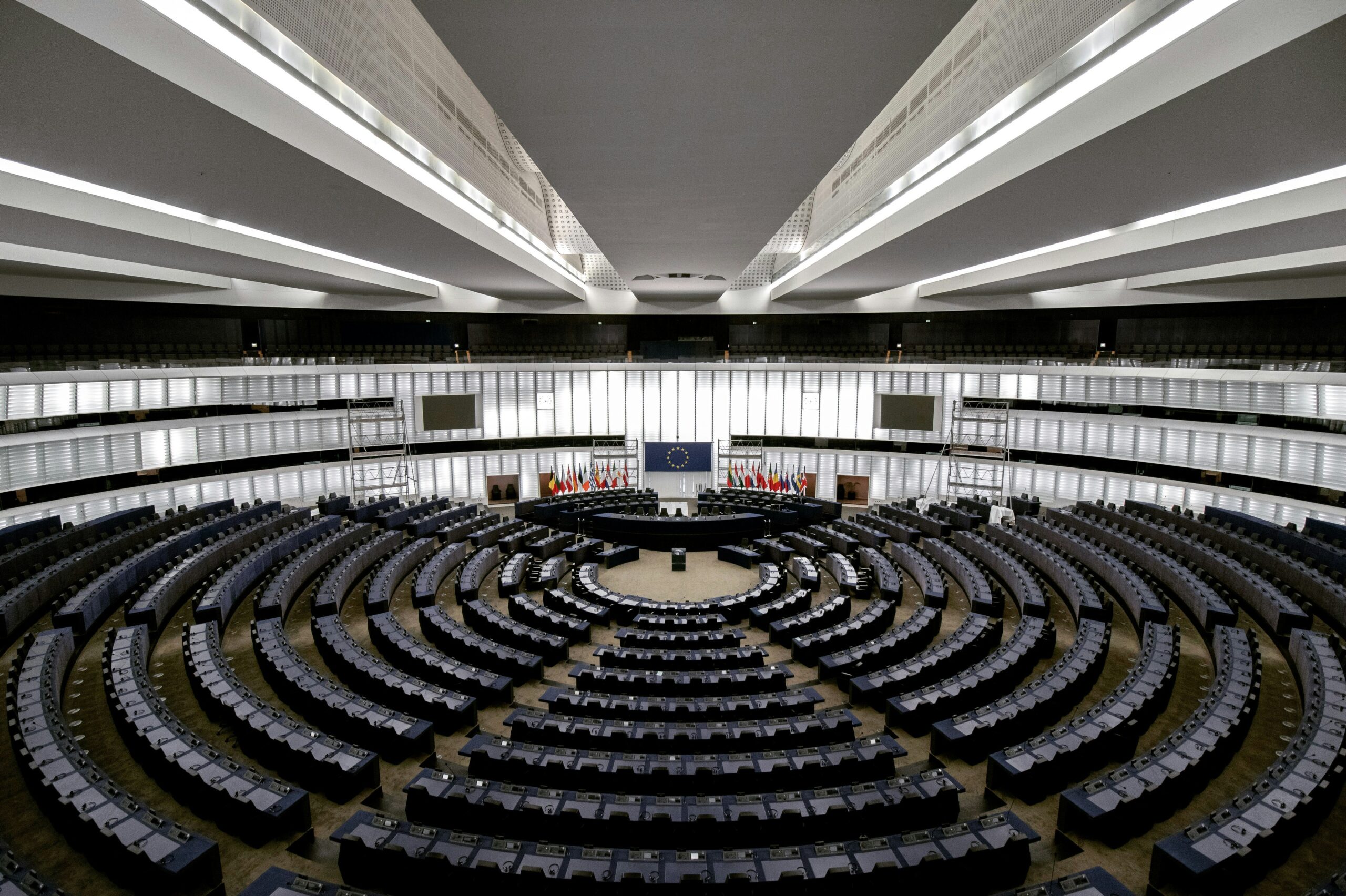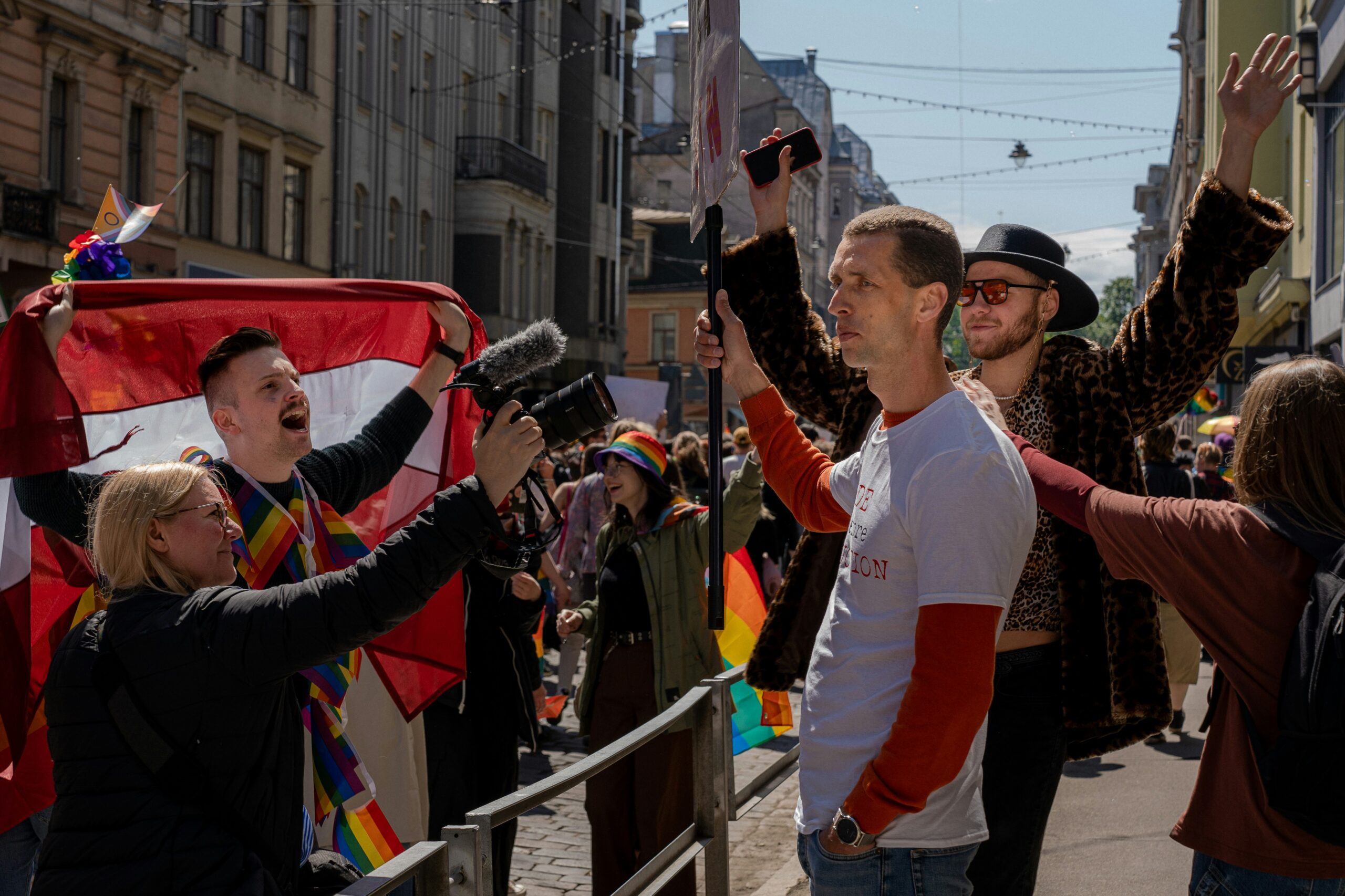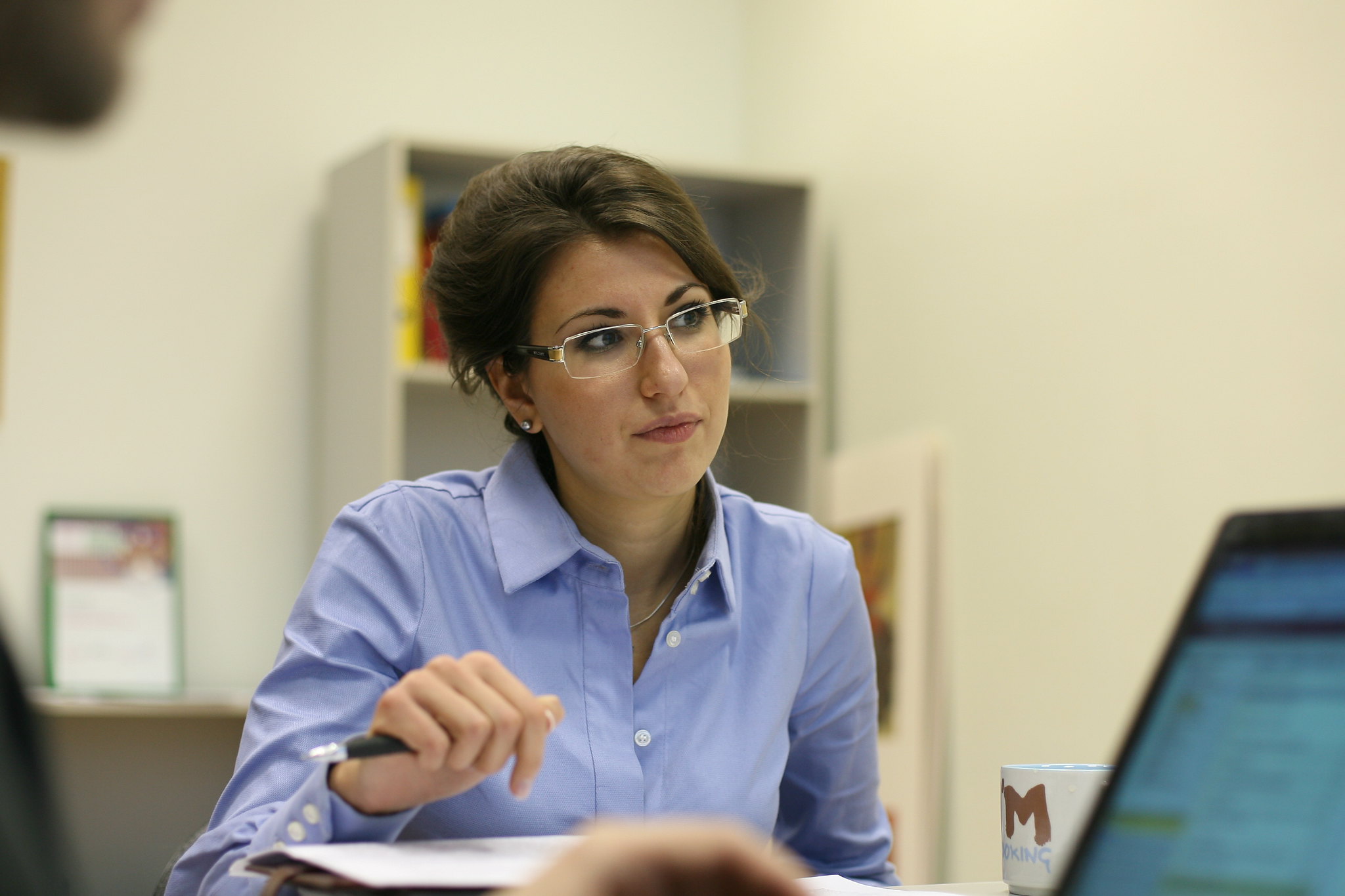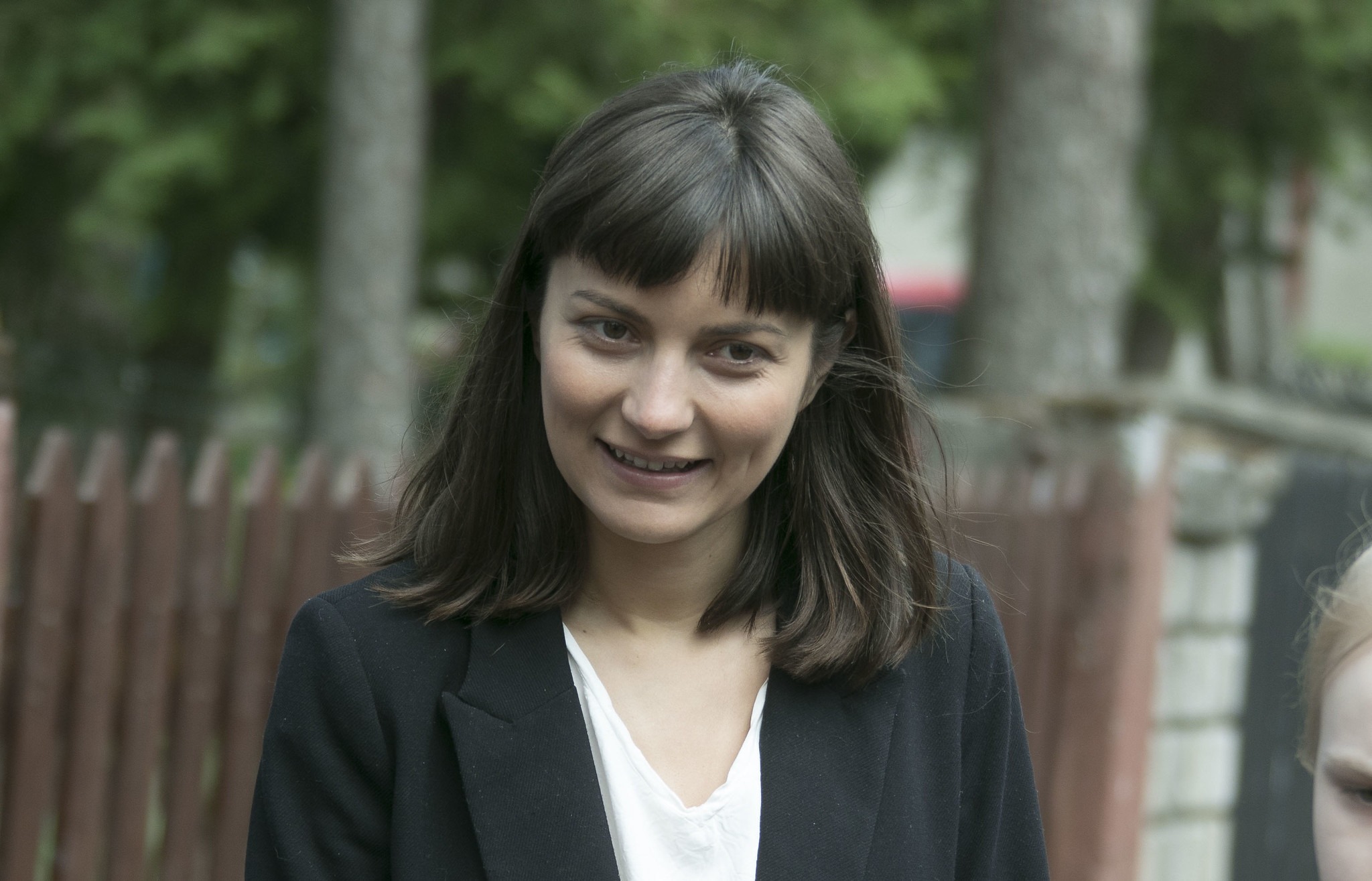
Key Insights:
During the reporting month, the content primarily examined topics such as the European Union, Russian language policies and corruption within the Latvian government. The main narratives are as follows:
- Russian-speaking population in Latvia is being mistreated by Latvians and governmental policies
- It is beneficial for Latvia to retain economic ties with Russia and Belarus
- Latvia’s government is corrupt, oppresses common people and silences the opposition
Overview of findings:
- TikTok, Telegram, Facebook, and X platforms were monitored in the reporting month. Content in video format achieves the most engagement, making TikTok and Facebook the primary channels for disseminating disinformation. A total of 250 posts were examined. The number of posts has grown by approximately 20 compared to the previously examined month.
- Similar to prior months, the content primarily revolves around domestic issues such as corruption, language policies, and economic development. In the examined month, a substantial amount of content is related to the European Union, considering the upcoming European Parliament elections.
- Similarly, as last month, a highly critical view of the European Union is an element common among most disinformation actors examined. The European Union is often linked to migration, COVID-19 policies, the new pandemic treaty, and economic relations with Russia and Belarus, all of which are portrayed as having negative implications for Latvia.
Story of the month: Pro-Russian candidate for the European Parliament under the spotlight
The video posted by a member of the opposition party, “Latvija pirmaja vieta” (Latvia in the first place) discusses the potential intake of migrants within the European Union member states, including Latvia. The video’s author starts by emphasising how these incoming refugees are distinct from Ukrainian refugees, namely their skin colour, way of life and incapability to live and integrate within European culture. The Migration and Asylum Pact includes a relocation mechanism to remove the load of refugees and not overburden the most affected states. The video’s author concludes that if Latvia were not to accept these refugees, it would be obliged to pay 20,000 euros per refugee it refuses to host.
The response from the audience indicated both racist and anti-European Union sentiments, with people using racial slurs and encouraging them to be sent to Russia or Belarus. Some commentators suggest that the easier way would be to withdraw membership from the European Union, which is described as economically damaging to Latvia.
Example 1:
Translation: It is easier to get out of that European hole, leave and be a free sovereign country rather than abide by the ruling of others and their dictatorship
Example 2:
Translation: Let’s send them across the border, let them go to Lukashenko or Putin the same as they are sending us doctors and professors every day
The anti-European Union sentiment expressed in the video has been prevalent in the content examined in prior months. With the campaigning period for European Parliament elections starting, there has been an increasing amount of content portraying the European Union negatively, even suggesting the withdrawal of Latvia’s membership. Moreover, such content could also be detrimental to voter turnout in the elections, which has historically been low.









